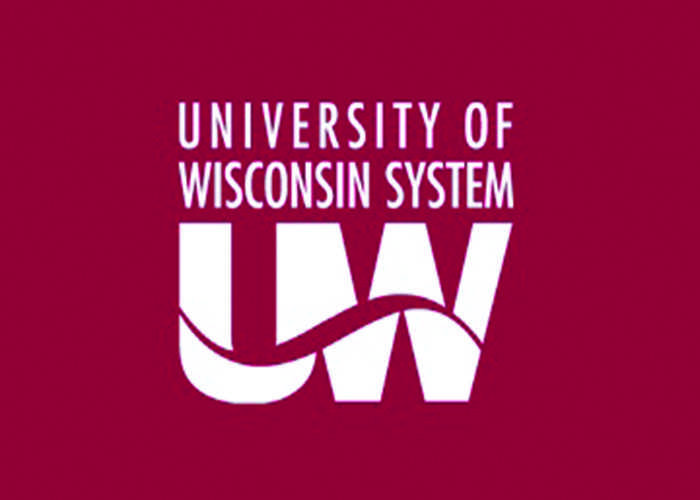Confluence turns to Board of Regents
A $25 million pledge to be acted upon in August
Photo by Submitted
May 7, 2014
On April 1, the Confluence Project took a step forward by getting 54 percent of votes among Eau Claire County residents to support a $3.5 million investment in the project.
This summer, it could take another bound forward by getting a $25 million pledge from the UW System Board of Regents to support the two-building, $77.2 million project that has been the staple of the university and city for the last two years.
The Confluence Project, which includes a privately owned and operated mixed-use building for student housing, and a publicly owned, state-of-the-art performance center, would replace the outdated Kjer Theater on campus and help take pressure off the 108 percent capacity university residence halls.
Chancellor Jim Schmidt said the Board of Regents could help fund the arts center, and one committee will look at the proposal in June.
“What we will be seeking is to have the Board of Regents include the $25 million from the Confluence Art Center into the larger proposal of all the capital improvements they hope to make system wide in the upcoming legislation,” Schmidt said.
Student Body Vice President Jake Wrasse said going through the Board of Regents is the first step to getting support from state legislators, which he said will be vital to the continuation of the project.
Wrasse also said going through the Board of Regents shows the commitment level the university and city of Eau Claire has for the project.
“There is no guarantee the message will continue, it could be drowned out by other pressing needs around the state,” he said. “But this one for us is such a unique public and private message and conversation to ensure its collaboration and starting point with other parts of the state is
essential.”
At the April 1 election, there was a 210 percent increase in on-campus student voter turnout, according to a recent Student Senate resolution. Of those students who voted, 85 percent of students on-campus supported the $3.5 million investment for the project to continue while 78 percent struck down the city referendum, which would have killed funding for the project.
Board of Regents member Edmund Manydeeds, an attorney at Richie, Guettinger & Manydeeds in Eau Claire, said after the Capital Budget Planning Committee met about the Confluence Project two years ago, the Board wanted to see this type of support before having further conversation. But he said the Board endorses it because of the type of bipartisan effort put into it.
“It is a good example of collaboration between a campus and a community, and if it comes to fruition, which it hopefully will, it will stand as something accomplished between campuses and communities for the betterment of everybody,” Manydeeds said.
Schmidt said some opponents thought it would disconnect the campus and be too far of a walk for students to make it worth all the funding and construction. But high voter turnout and results from students on campus squashed some of that argument.
“Having the Student Senate clearly support it early sends a strong message to the Board of Regents that (the general student body is) OK with the pros of having a superior building,” Schmidt said.
While he said there are challenges left — as collaboration and partnership takes extra time — Board of Regents support, particularly with the outcome of April’s election, will be key.
“It’s a clear mandate from the public to continue to go through with this,” Schmidt said. “We would not have gone through all those efforts had we not believed we had ultimate support from the Board of Regents.”
The big message Schmidt, Wrasse and supporters are trying to convey is how it will benefit the university, community and surrounding area equally. Supporters believe the money put in now will pay-off in the near future.
“This is one project that, with a $25 million investment from the state, allows a $77.2 million investment in downtown Eau Claire,” Wrasse said. “For us, this is an opportunity for us to not only improve what we need to improve, but to become a more integral part of the
community.”



